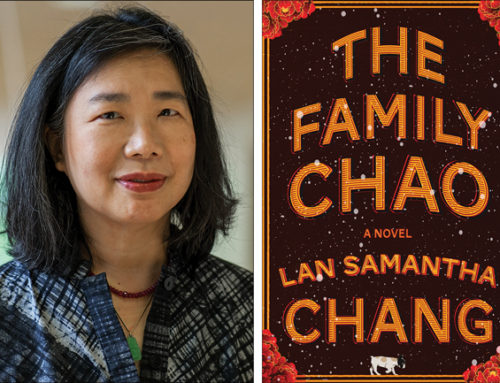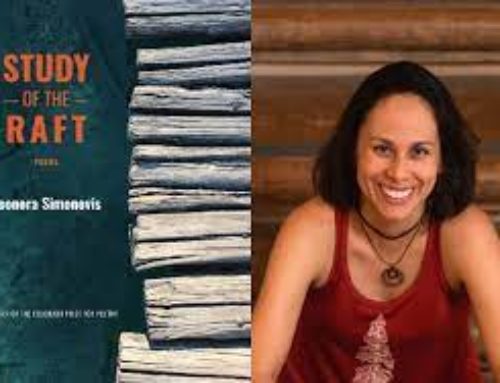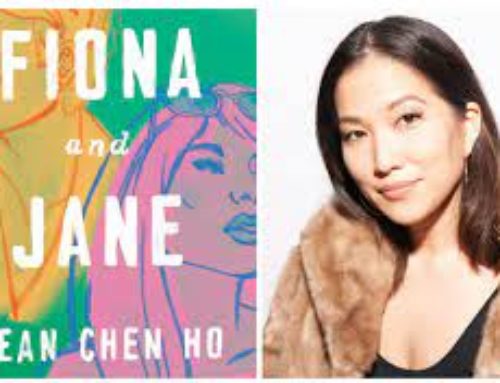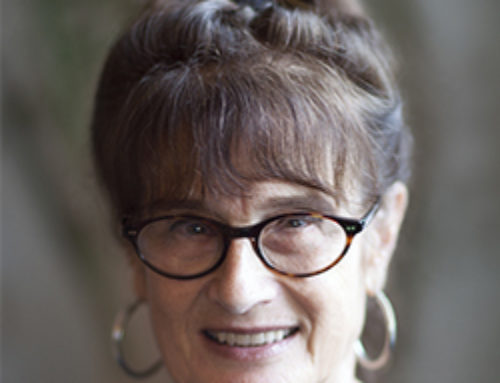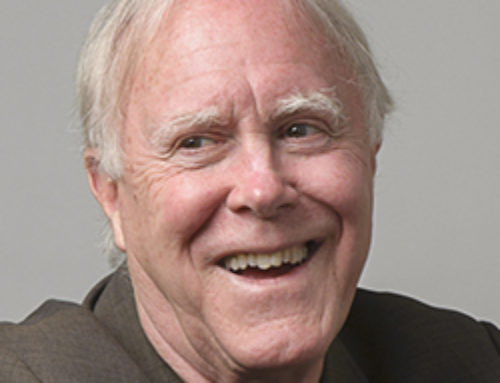This faculty profile comes to us courtesy of past participant Angela Watrous, who conducted an interview with Li for the Fiction Writers Review. What follows below is an excerpt; read the entire interview on the FWR site.
 “Yiyun Li grew up in Beijing and came to the United States in 1996 to study immunology at the University of Iowa, with no intentions of being a writer and no knowledge of the Iowa Writers Workshop. Fortunately, for those of us who believe that words have at least as much power to save us as medical science, Li discovered her true calling in Iowa. As a result, she’s has already given us three books. Li’s debut collection, A Thousand Years of Good Prayers, won the Frank O’Connor International Short Story Award, PEN/Hemingway Award, Guardian First Book Award, and California Book Award for first fiction; it was also shortlisted for the Kiriyama Prize and the Orange Prize for New Writers. Her recent novel, The Vagrants, takes place in China in the late 1970s and chronicles the local impact of a young woman’s politically motivated execution. The Vagrants was chosen as an American Library Association Notable Book. Her second story collection, Gold Boy, Emerald Girl, which she wrote simultaneously to The Vagrants, released in September of [2011].
“Yiyun Li grew up in Beijing and came to the United States in 1996 to study immunology at the University of Iowa, with no intentions of being a writer and no knowledge of the Iowa Writers Workshop. Fortunately, for those of us who believe that words have at least as much power to save us as medical science, Li discovered her true calling in Iowa. As a result, she’s has already given us three books. Li’s debut collection, A Thousand Years of Good Prayers, won the Frank O’Connor International Short Story Award, PEN/Hemingway Award, Guardian First Book Award, and California Book Award for first fiction; it was also shortlisted for the Kiriyama Prize and the Orange Prize for New Writers. Her recent novel, The Vagrants, takes place in China in the late 1970s and chronicles the local impact of a young woman’s politically motivated execution. The Vagrants was chosen as an American Library Association Notable Book. Her second story collection, Gold Boy, Emerald Girl, which she wrote simultaneously to The Vagrants, released in September of [2011].
“Li’s stories and essays have been published in the New Yorker, Best American Short Stories, and the O Henry Prize Stories, among others. She has received fellowships and awards from the Lannan Foundation, the Whiting Foundation, and the MacArthur foundation. She was selected by Granta as one of the 21 Best Young American Novelists under 35 and was recently featured in the New Yorker’s 20 Under 40 Fiction Issue. She is a contributing editor at the Brooklyn-based literary magazine, A Public Space. She lives in Oakland, California with her husband and their two sons, and teaches at the University of California, Davis.”
…
“Angela Watrous: What initially sparked the idea for The Vagrants?
“Yiyun Li: That was in the news on the Internet about these two women. The first woman was executed, and, pretty much as the book says, her body was raped, her kidneys were taken out, and there was a protest on her behalf, and the woman who led the protest was executed. When you see something like that, and you’re a novelist, you think that’s the shape of a novel. It’s a story you cannot really tell within twenty pages. And that book ends with two executions, which is perfect for a novel. That’s where it started.
“In a Publisher’s Weekly interview last year, you talked about walking around your neighborhood with your mother, reading about who was going to be executed, and also about going to see a denunciation when you were five or six. At the same time, you’ve said in interviews that your work is not autobiographical. How do you define autobiography, and how often does your writing relate to your experience?
“I imagine autobiographical writers are writers who write about their own lives and their life stories. There’s a difference to me between your life and your memories. Of course I have memories about my own life, my own family, but a lot of memories I carry with me are about the world. And those are not—I don’t think those can be called—autobiographical. Those are really observations. I remember these things, but you have to make sense of these memories by writing other people’s stories, rather than your own stories. Does that answer your question?
“Yes. You had talked about how, in particular, you had known a girl who had a disability, similar to one of your characters. How often does that come up for you? How often are your characters based on someone you’ve met?
“Some of the characters—I wouldn’t say many—some of them are based on people either I’ve met or stories I’ve heard about. But most of the time they’re people I really did not know well. To me that’s very helpful, because if you know someone very well, you’re taking a lot of shortcuts. You’re not imaging their lives. So even though I take, say, the girl who was disabled or had birth defects, even though I took these things from life, they’re only seeds of these characters. The real characters don’t come from these people. The real characters really just grow out of your imagination.
“In their review of The Vagrants, Elle magazine said, “Familiarity with Chinese history isn’t at all necessary to relate to the grief, pain, confusion, fear, loyalty, suspicion, and love portrayed by the characters in this deeply affecting story.” It seems like a good number of these reviewers feel the need to reassure American audiences that they’ll be able relate to your stories.
“That’s why we write, right? There’s a difference between fiction and the news report. You can report something about another world, but you don’t really have to go inside the characters’ minds. I feel there is a difference between presenting the surface to the readers, and presenting the internal to the readers. If you take ethnicity and nationality and skin color, these things are like clothes. You may have different layers of clothes. But then if you take all the layers off, when you go really into people, I think people really feel and think very similarly.
“You’ve said this novel is a way for you to question heroism. Can you talk more about that? Do you think of your own work an act for or against heroism?
“I’m not for heroism, because heroes are pretty much glorified, like martyrs. You have to put them into a position where they’re not human anymore, they’re beyond human. I’m not interested in the black and white of the world; I’m interested in the different shades of grays in between. I think that’s what fiction does. To me, that’s what you do as a fiction writer. When you are interested in the grayness of human beings, or human situations, that means nobody can be a hero, because that’s absolute. It’s so absolute it’s not possible. I grew up in this culture where heroism was a big thing. If you think the book was a rebellion, the only rebellious thing about that book was that I really wanted to question that and say, ‘Really, there’s no hero.’ Nobody was really the hero in the end. Nobody was purely evil, either.”
Read the entire interview for more about Li’s writing process, her favorite authors and her thoughts on balancing teaching and writing.
And during conference week, be sure to join us Tuesday, July 30, at 1:30 p.m., when Li will give a fiction lecture titled, “Rx for a Story Worth the Telling”. She’ll be featured in our evening reading Wednesday, July 31, at 6:30 p.m. at the Napa Valley College main campus. For full event details, view our Readings and Lectures page.



